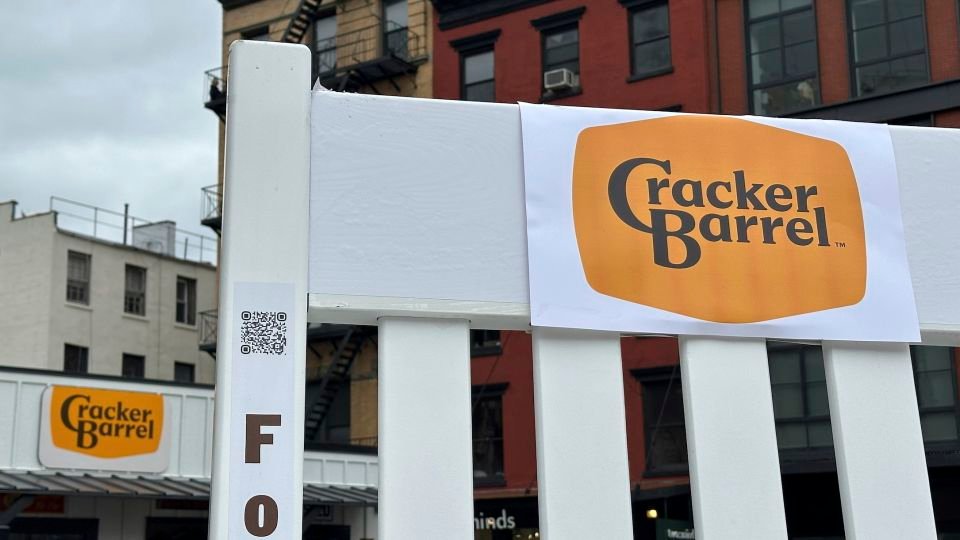Turning Point USA founder Charlie Kirk has drawn attention with a comparison between a popular restaurant chain and the Democratic Party. Speaking during a recent television appearance, Kirk argued that Cracker Barrel’s decision to return to its classic logo reflects broader cultural and political strategies. He said the move mirrors the way Democrats often rely on tradition to connect with voters.
Kirk noted that Cracker Barrel restored its earlier logo design, a change that brings back an image familiar to many long-time customers. He described the decision as a clear effort to appeal to nostalgia. According to him, this approach reflects a wider trend in society where people look back to simpler times as a way of feeling grounded in a fast-changing world.
He went on to compare this strategy to political decisions. Just as Cracker Barrel uses its heritage to maintain a bond with diners, Kirk argued that Democrats often revisit their older principles to hold support from their base. He said this pattern can be seen when leaders highlight the party’s historical values in order to create trust and stability during times of change.
At the same time, Kirk warned that relying too much on tradition can create risks. He claimed that when companies or political parties try to balance heritage with the need to adapt, they can face internal division. For Cracker Barrel, this may involve customers who prefer modern branding over older designs. For Democrats, it may involve disagreements between those who want to hold on to traditional values and those who push for new directions.
Kirk also raised the issue of outside pressure. He suggested that Cracker Barrel’s branding decisions may not come only from within the company but also from cultural or market demands. Similarly, he argued that Democrats may shape their strategies based more on outside forces than on strong internal conviction. In both cases, he said, the result could be a loss of clear identity.
His remarks connected a restaurant’s corporate decision with a broader debate on culture and politics. By doing so, he encouraged viewers to consider how branding choices can reflect deeper social issues. A logo may seem like a small change, but Kirk argued that it symbolizes much larger discussions about values, heritage, and identity.
The comparison resonated with many people who followed the segment. Some agreed with his view that nostalgia can be a powerful tool for both businesses and politicians but also a risky one. Others thought the parallel between a restaurant and a political party was an oversimplification. Even so, the debate revealed how people view connections between culture, business, and politics in everyday life.
Kirk’s comments also highlight how both businesses and political parties face the same challenge: staying relevant while staying true to their roots. He said that if they fail to strike a balance, they risk confusion among those they want to reach. Customers may not know what a company stands for, while voters may feel uncertain about a party’s true vision.
Public reaction to his analysis shows how symbolic decisions, even something as small as a restaurant’s logo, can start bigger conversations. For some, the return of the logo sparked positive memories and feelings of tradition. For others, it raised questions about why a company would look back rather than forward. In politics, similar debates occur whenever parties return to older themes instead of focusing only on new policies.
As the discussion spreads, it is clear that Kirk’s comparison opened a wider conversation about how society blends past and present. Cracker Barrel’s branding choice became more than a business story. It turned into a cultural and political example of how tradition and modern expectations collide. Kirk suggested that both in restaurants and in politics, success depends on finding a way to respect history while adapting to the needs of today.

